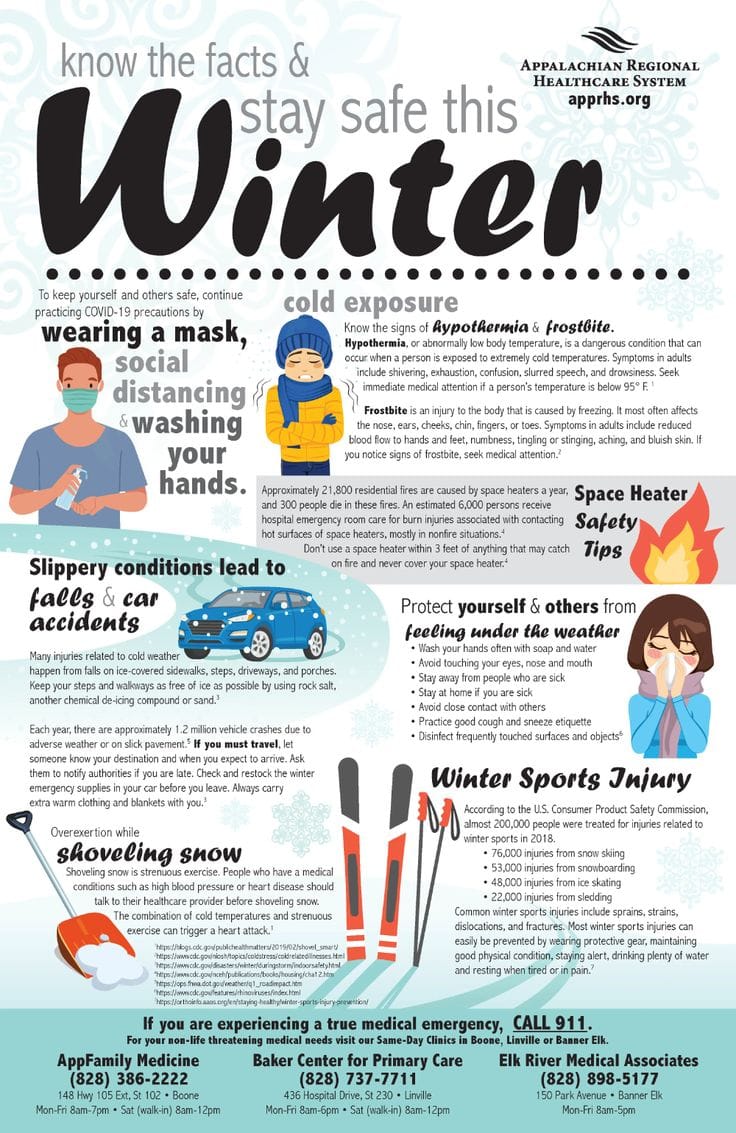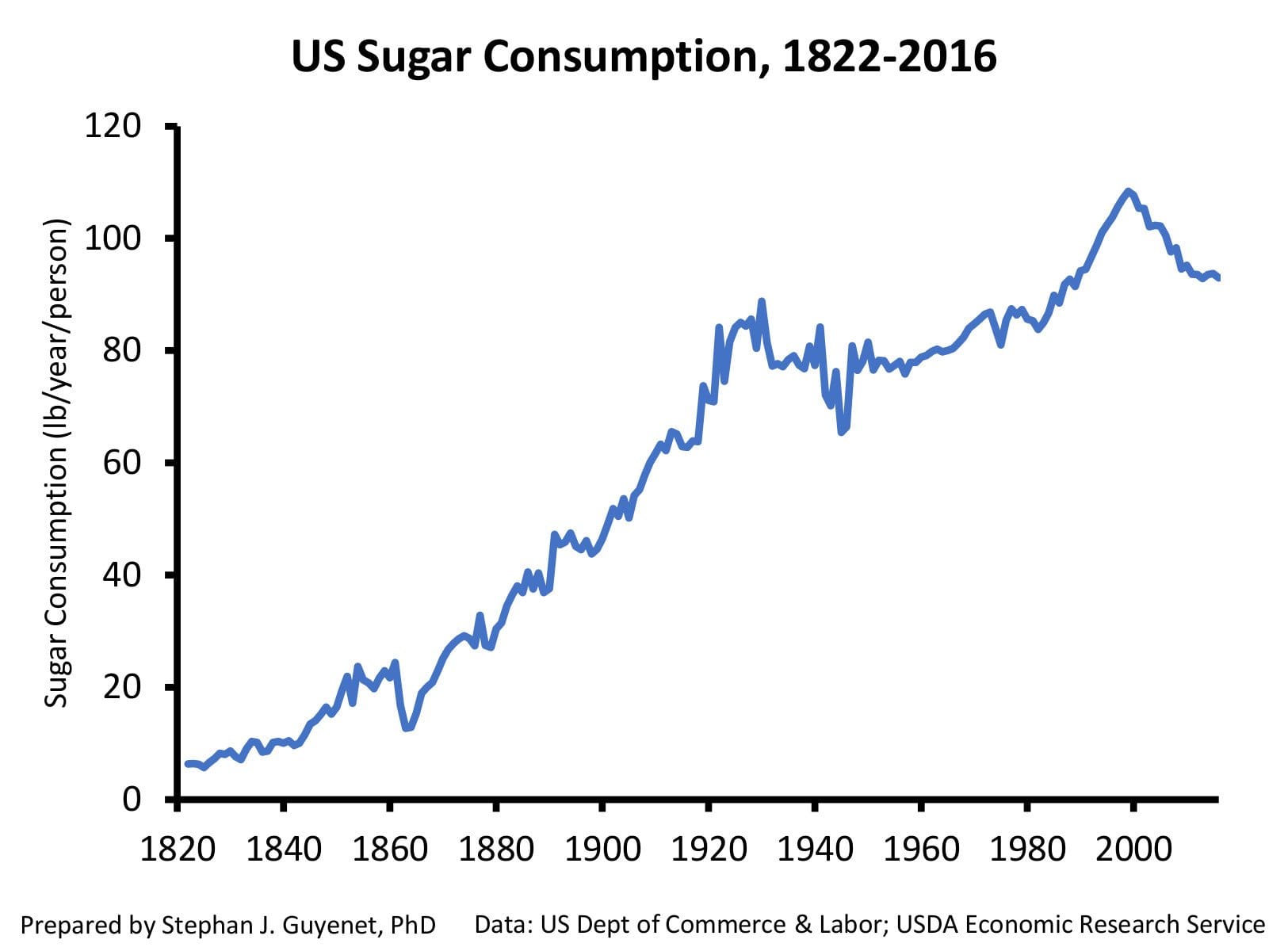As winter approaches, public health experts are sounding the alarm about a potential quaddemic, a term used to describe the simultaneous circulation of four significant viral infections: influenza, COVID-19, respiratory syncytial virus (RSV), and norovirus. Each of these viruses presents its own set of challenges and health risks, particularly for vulnerable populations such as the elderly, young children, and individuals with pre-existing health conditions. The convergence of these respiratory and gastrointestinal viruses raises concerns about the burden on healthcare systems and the overall health of communities.
Influenza, commonly known as the flu, is a seasonal virus that typically peaks during the winter months. Symptoms can range from mild to severe and may include fever, cough, sore throat, body aches, and fatigue. Vaccination is the most effective way to prevent influenza, and public health officials are encouraging individuals to get their flu shots as early as possible. This year, the flu vaccine is particularly crucial, as it can help reduce the severity of illness and prevent hospitalizations.
COVID-19, caused by the SARS-CoV-2 virus, continues to pose a significant public health challenge. Despite the availability of vaccines and treatments, new variants of the virus continue to emerge, leading to fluctuations in case numbers. Health experts are advocating for booster vaccinations to enhance immunity, especially for those at higher risk. Additionally, individuals are encouraged to maintain preventive measures such as wearing masks in crowded settings, practicing good hand hygiene, and staying home when feeling unwell.
Respiratory syncytial virus (RSV) is another respiratory illness that typically affects infants and young children but can also impact older adults. RSV is highly contagious and can lead to serious respiratory infections, particularly in vulnerable populations. The symptoms of RSV can mimic those of other respiratory viruses, making it essential for parents and caregivers to monitor their children’s health closely. Public health officials recommend that families practice good hygiene, such as frequent handwashing and avoiding close contact with sick individuals, to help prevent the spread of RSV.
Norovirus, often referred to as the “stomach flu,” is a highly contagious virus that causes gastrointestinal illness. Symptoms include vomiting, diarrhea, and stomach cramps. Norovirus outbreaks are common in crowded environments, such as schools, nursing homes, and cruise ships. Preventive measures include practicing good hand hygiene, especially after using the restroom and before eating, as well as cleaning and disinfecting surfaces that may be contaminated.
The simultaneous circulation of these four viruses poses unique challenges for public health officials. Hospitals and healthcare facilities may become overwhelmed with patients presenting similar symptoms, complicating diagnosis and treatment. Furthermore, the increased demand for healthcare services could strain resources, leading to longer wait times and potential delays in care for individuals with other medical conditions.
In light of these concerns, public health experts are urging individuals to take proactive steps to protect themselves and their communities. Vaccination remains a key strategy, as it not only helps prevent illness but also reduces the likelihood of severe disease and hospitalization. Health officials recommend that individuals stay informed about vaccination availability and eligibility for flu, COVID-19, and RSV vaccines.
Additionally, practicing good hygiene is essential in preventing the spread of these viruses. Frequent handwashing with soap and water, using hand sanitizer when soap is unavailable, and avoiding close contact with individuals who are sick can significantly reduce the risk of transmission. Individuals are also encouraged to stay home if they exhibit symptoms of any of these viruses, as this can help prevent further spread within communities.
As the winter months approach, public health officials are closely monitoring the spread of influenza, COVID-19, RSV, and norovirus. They are working to ensure that healthcare systems are prepared to handle potential surges in cases while also promoting public awareness about the importance of vaccination and preventive measures. The convergence of these viruses highlights the need for a coordinated public health response and the importance of community engagement in mitigating the impact of respiratory and gastrointestinal illnesses.
In conclusion, the warning of a quaddemic this winter underscores the importance of vigilance in public health. By taking preventive measures, getting vaccinated, and practicing good hygiene, individuals can play a vital role in protecting their health and the health of their communities during this challenging season. As health officials continue to monitor the situation, staying informed and proactive will be crucial in navigating the complexities of this winter’s viral landscape.


